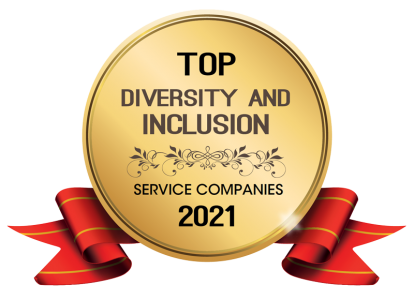
***This article has been selected for HBR’s 10 Must Reads 2023: The Definitive Management Ideas of the Year from Harvard Business Review – coming in October!***
Don’t let old habits undermine your organization’s creativity.
By Linda A. Hill, Emily Tedards, and Taran Swan
in Harvard Business Review
Despite their embrace of agile methods, many firms striving to innovate are struggling to produce breakthrough ideas. A key culprit is an outdated, inefficient approach to decision-making.
Today’s discovery-driven innovation processes involve an unprecedented number of choices, from which ideas to pursue to countless decisions about how to conduct experiments, what data to collect, and so on. But these choices are often made too slowly and informed by obsolete information and narrow perspectives.
To align their decision-making processes with agile approaches, businesses need to include diverse points of view, clarify decision rights, match the cadence of decisions to the pace of learning, and encourage candid conflict in service of a better experience for the end customer. Only then will all that rapid experimentation pay off.
In the November-December 2021 edition of Harvard Business Review, co-authors Linda A. Hill, Emily Tedards, and Taran Swan suggest best practices for these interventions, drawing on the story of the transformation at Pfizer’s Global Clinical Supply, which would go on to play a critical role supporting the rapid development of the pharma giant’s Covid vaccine.
About the authors
- Linda A. Hill is a founding partner at Paradox Strategies and the Wallace Brett Donham Professor of Business Administration at Harvard Business School. She is author of Becoming a Manager and coauthor of Being the Boss and Collective Genius.
- Emily Tedards is a research associate at Harvard Business School.
- Taran Swan is a managing partner at Paradox Strategies.

